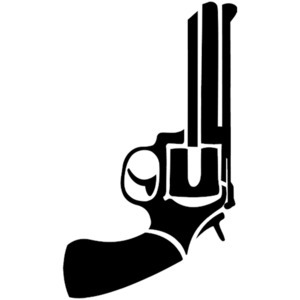This week, we're examining some of the failures that led to the worst mass shooting in Maine's history.
Despite making multiple threats, hearing voices, and being committed to a mental institution; the shooter was about to obtain and keep his guns. Federal law bars anyone who was involuntarily committed from possessing firearms, and Maine has a version of the so-called red flag laws he should've qualified. So, why was he able to carry out the attack with guns he shouldn't have legally had?
To help answer that question and give expert insight into how these laws work in practice, we have Bates College Professor Michael Rocque on the show this week. Rocque has spent years studying mass shootings. He's also researched red flag laws and is very familiar with how Maine's law works.
Rocque argued the problem seems to have been both a breakdown in communication, perhaps between the multiple different layers of authority, and follow-through by law enforcement. He said multiple people tried to do the right thing in expressing their serious concerns about the shooter's mental health. However, unfortunately, not everyone did everything needed to ensure he wasn't able to pull off his attack.
Plus, Contributing Writer Jake Fogleman and I discuss Ruger's continued sales slide.

